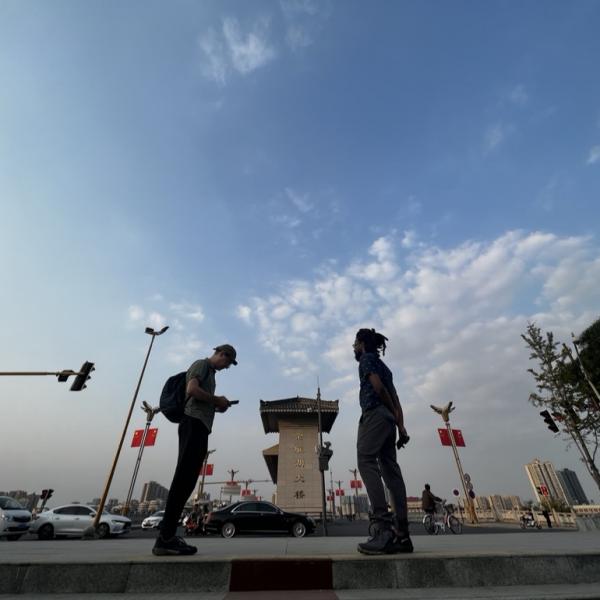State and Society, Slavery and Freedom in National and Trans-National Contexts
Americanists who study the 17th-through-19th centuries share an interest in the processes of creative destruction by which the American political regime was invented, and reinvented through territorial expansion and the movement of peoples, and ruptured and re-created over the long era of the Revolution and Founding through the Civil War and Reconstruction. Of equal and related concern are the ways in which slavery and freedom manifested their own political, cultural, racial, scientific and legal worlds, and how Americans produced and experienced those worlds.
Faculty research interests include the ways mapping new territories revealed conceptions of government, nation and identity; the origins and significance of the Civil War's great sacrificial violence and the ways that slaves, fugitive slaves and other political outsiders revitalized America by helping to provoke the Civil War; the gendered history of health and resistance in the Atlantic slave trade; and the legal practice of Thomas Jefferson. The rich resources at the Missouri Historical Society, the St. Louis Mercantile Library and other regional collections represent an especially valuable asset for the study of these and other historical problems of this epoch.
Core Faculty
Iver Bernstein
Alexandre Dubé
Peter Kastor
Sowande Mustakeem




